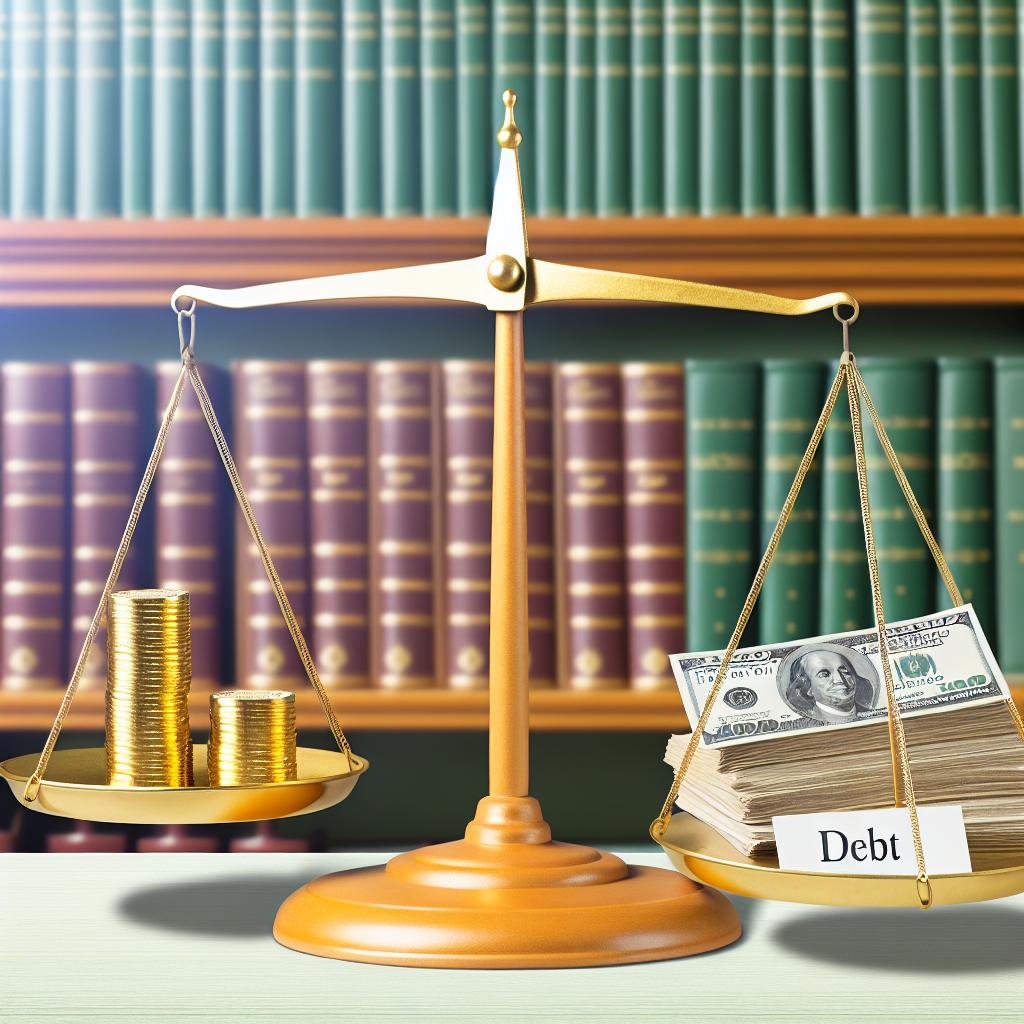Understanding Debt Settlement
Debt settlement is a financial strategy aimed at resolving outstanding debt by negotiating with creditors to accept a reduced amount as full payment. This approach can be appealing to individuals struggling with high levels of unsecured debt, such as credit card balances, personal loans, or medical bills. However, like any financial decision, debt settlement comes with its own set of benefits and risks.
Benefits of Debt Settlement
Reduction in Total Debt: One of the primary advantages of debt settlement is the potential to lower the total amount owed. By negotiating with creditors, individuals may be able to reduce the principal balance, resulting in significant savings and a faster path to becoming debt-free.
Avoiding Bankruptcy: Debt settlement can be an attractive alternative to declaring bankruptcy, which can have severe long-term implications for one’s credit history and future financial opportunities. Settling debts allows individuals to avoid some of the stigma and consequences associated with bankruptcy.
Stress Relief: Financial stress can significantly impact mental and physical health. Successfully negotiating settlements can alleviate some of the stress associated with overwhelming debt, offering a sense of relief and a clearer path forward.
Risks of Debt Settlement
Impact on Credit Score: Engaging in debt settlement can negatively affect your credit score. Settling debts typically involves stopping payments to creditors while negotiations are ongoing, which can lead to missed payment marks on your credit report. It may take years to rebuild credit post-settlement.
Potential Tax Consequences: It’s essential to be aware that canceled debt might be considered taxable income by the IRS. This could lead to an unexpected tax bill if not properly planned for, undermining the financial relief gained from settling the debt.
Fees and Costs: Using a debt settlement company usually involves fees for their services. These costs can cut into the savings achieved through the settlement. It’s crucial to understand all potential fees before engaging a third-party service.
Considerations Before Choosing Debt Settlement
It’s critical for individuals to evaluate their financial situation thoroughly before selecting debt settlement as a strategy. Assess your current financial standing, explore all available options such as credit counseling or consolidation, and seek guidance from a financial advisor if possible.
Evaluating Financial Health
Before embarking on debt settlement, individuals need to take a close look at their financial health. This involves understanding all sources of income, ongoing expenses, and how much money can be allocated towards debt repayment. A budget planner can be a useful tool in this process, allowing individuals to track their finances more effectively.
Exploring Alternatives
Debt settlement is not the only option available for debt relief. Individuals might consider alternatives such as credit counseling, where professionals can provide advice and potentially help negotiate lower interest rates with creditors. Debt consolidation is another possible route, where multiple debts are combined into a single loan with a lower interest rate.
Consulting a Financial Advisor
Consulting with a financial advisor can be beneficial before moving forward with a debt settlement plan. These professionals can offer insights and guidance tailored to individual financial circumstances, ensuring that the decision to settle debts is the most appropriate one.
Evaluating Debt Settlement Companies
If opting for a third-party debt settlement company, it’s essential to conduct thorough research. Not all companies operate with the same level of transparency or efficacy. Individuals should look for agencies that have a strong track record and clear fee structures. Checking for accreditation with organizations like the American Fair Credit Council (AFCC) can be a good indicator of a company’s credibility.
Keeping Informed
For those interested in learning more about debt settlement, numerous reputable resources and organizations provide educational materials and guidance. Consider visiting the [Federal Trade Commission’s website](https://www.ftc.gov) for comprehensive information on managing debt responsibly. Additionally, you might find the [Consumer Financial Protection Bureau](https://www.consumerfinance.gov) useful when exploring your options in personal finance management.
Conclusion
In conclusion, while debt settlement can provide a pathway toward financial stability, it is essential to weigh the benefits against the potential downsides. Making an informed decision based on your unique circumstances will help ensure the most favorable long-term outcome. By understanding both the potential upsides and downsides of debt settlement, along with consulting reputable resources and professionals, individuals can better navigate their journey towards financial freedom.


